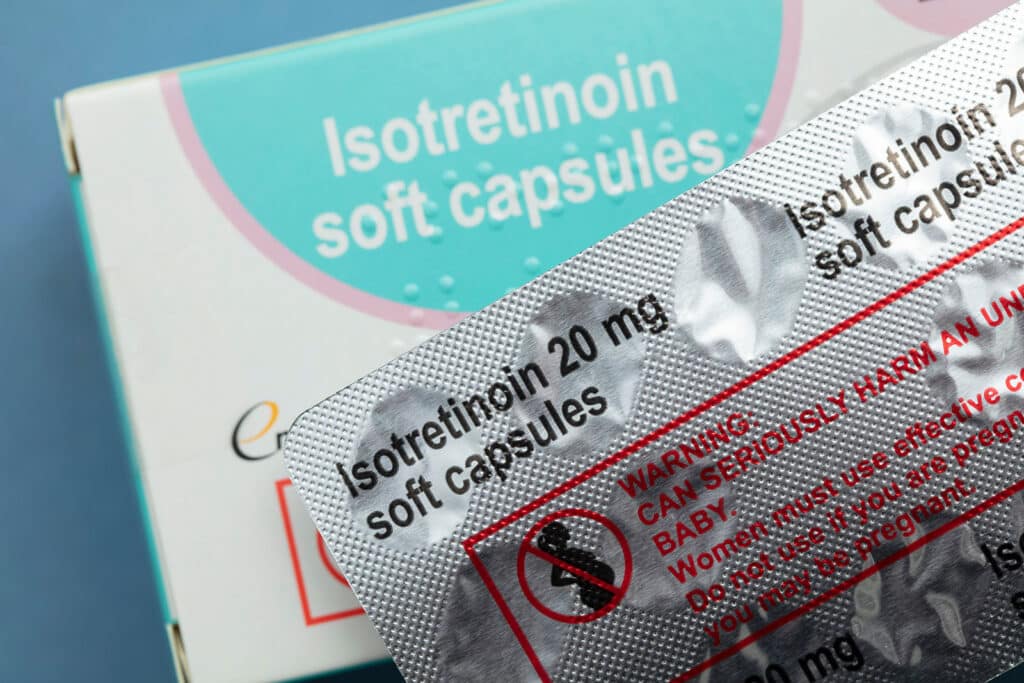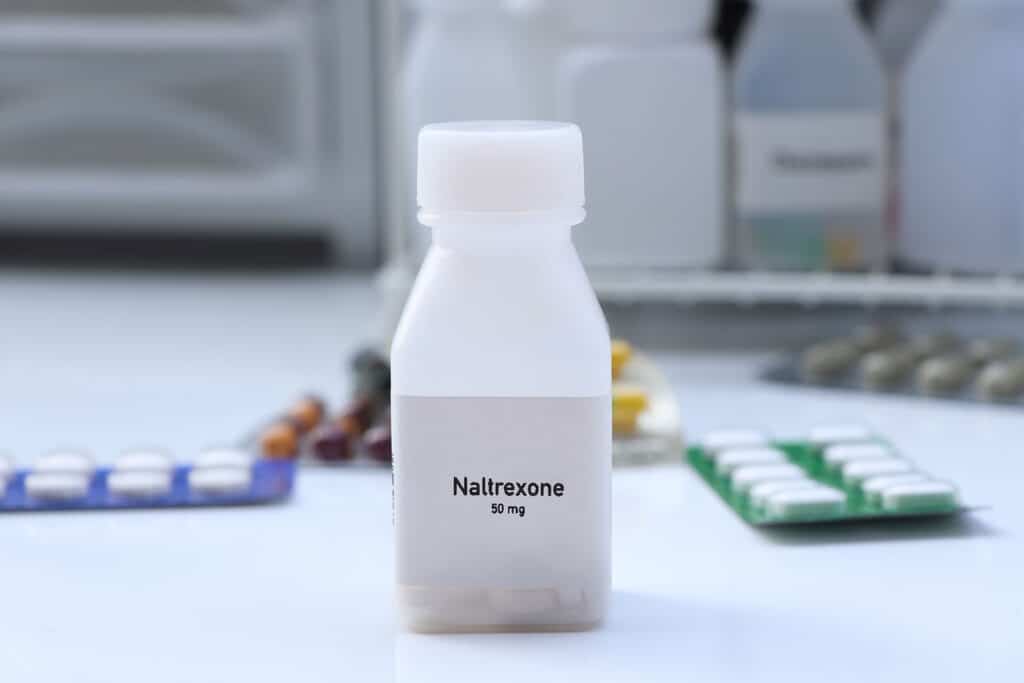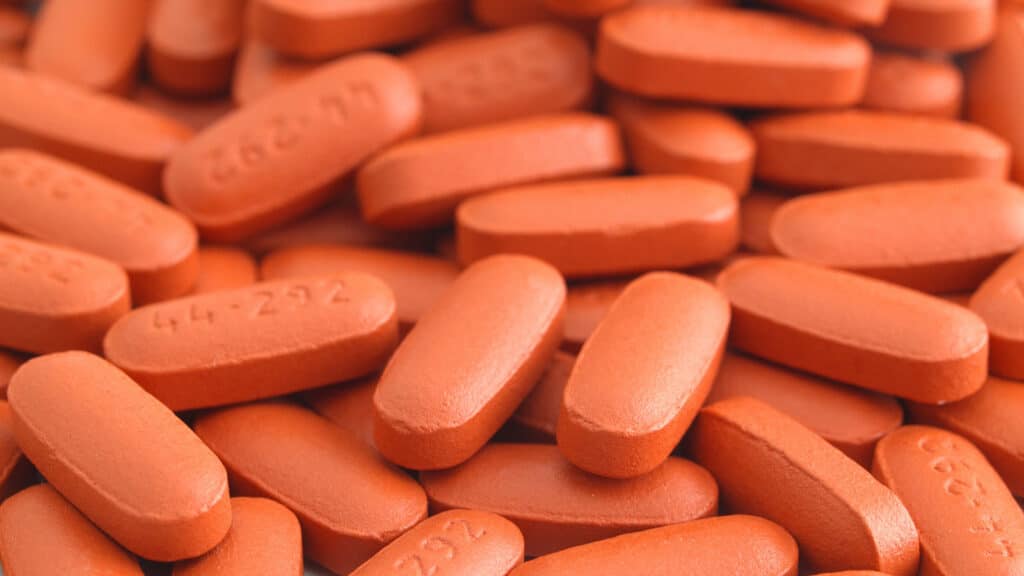Accutane (the brand name for isotretinoin) is a powerful medication used to treat severe acne that hasn’t responded to other treatments. A derivative of vitamin A, Accutane belongs to a class of drugs called retinoids, and while highly effective, it also comes with serious potential side effects and strict usage guidelines. One of the most important considerations during Accutane treatment is whether you can safely drink alcohol.
So, can you drink alcohol while taking Accutane? Medical experts generally advise against it, due to the potential risks to your liver and overall health.
Why Combining Accutane and Alcohol Is Risky
Accutane already puts stress on your liver function. Adding alcohol consumption increases that burden and raises the risk of liver toxicity. Both substances are metabolized in the liver, and using them together can amplify side effects, including:
- Elevated triglycerides and cholesterol levels
- Increased risk of liver damage or pancreatitis
- Abdominal pain or discomfort
- Fatigue and weakness
- Mood changes or worsened mental health symptoms
While rare, combining Accutane and alcohol can result in life-threatening health issues, especially in people with a medical history of liver problems or high lipid levels. Your healthcare provider will likely monitor your liver enzymes and lipid profile with regular blood tests throughout treatment.
Common Side Effects of Accutane Alone
Before even considering drinking alcohol, it’s important to understand that Accutane itself can cause several adverse effects, such as:
- Dry skin, lips, and eyes
- Fatigue and muscle aches
- Elevated triglycerides
- Mood swings, anxiety, or depression
- Birth defects (if taken during pregnancy)
Because of these risks, Accutane requires a comprehensive treatment plan supervised by a dermatologist or healthcare professional, often including strict birth control protocols for female patients and ongoing health monitoring.

Effects of Alcohol on the Body
Alcoholic beverages can cause a variety of negative effects, especially when consumed in excess. Even without Accutane, alcohol use can:
- Damage the liver over time
- Increase triglyceride levels
- Contribute to dehydration, worsening dryness from Accutane
- Disrupt mental health, worsening anxiety or depression
- Impair judgment and decision-making
When combined with Accutane, these effects of alcohol can be intensified, potentially leading to more severe complications.
Potential Interactions and Long-Term Risks
The interaction between Accutane and alcohol isn’t just a short-term issue. Over the term of your treatment, drinking can:
- Interfere with your treatment plan and slow healing
- Undermine the effectiveness of the acne treatment
- Increase the need for medical interventions due to elevated lipids or liver issues
In some rare cases, alcohol use during Accutane treatment has contributed to pancreatitis, a painful and dangerous inflammation of the pancreas.
Talk to Your Healthcare Provider
If you’re undergoing Accutane treatment, always talk to your healthcare provider or dermatologist before drinking. They can assess your medical history, liver function, and risk factors, and offer personalized medical advice. Some patients may tolerate small amounts of alcohol without immediate effects, but others may face serious consequences after even moderate drinking.
If you’re dealing with alcohol addiction or have a history of substance abuse, let your medical team know. Addiction treatment and detox support may be necessary to prioritize your well-being during treatment.
Making an Informed Decision
Ultimately, the question isn’t just about whether you can drink alcohol on Accutane, but whether you should. Choosing to avoid alcohol use during your treatment period can help:
- Minimize your risk of liver damage
- Support your mental health
- Allow your body to heal more efficiently
- Improve the overall effectiveness of Accutane
Skipping alcohol for a few months is a small price to pay for clearer skin and better long-term health outcomes.

Final Thoughts
While occasional alcohol consumption may not affect everyone the same way, it is generally not recommended while taking Accutane due to the increased risk of liver toxicity, mental health side effects, and treatment complications. If you have questions or concerns about your treatment options, consult a medical professional for guidance.
Protect your health, stick to your prescribed treatment plan, and make choices that support your journey toward clearer skin and improved quality of life.











